Celebrating Hispanic Heritage Month: Family, Culture, and the Law in Atlanta
Hispanic Heritage Month, celebrated from September 15 to October 15, is a time to honor the rich cultures, histories, and contributions of Hispanic Americans. For the vibrant Hispanic community in Atlanta, this month is a powerful reminder of the strength and resilience found in family, tradition, and community. At Atlanta Divorce and Custody Law Firm, we recognize that these cultural values play a significant role in every family law case we handle.
Attorney Samantha A. Holloway, Esq., Founding and Managing Attorney, is one of Georgia's Most Experienced Black 5-Star Divorce and Family Lawyers. She and her team are committed to providing culturally sensitive legal counsel that respects and understands the unique dynamics of diverse families. This blog post explores how family law intersects with Hispanic culture and the importance of an empathetic and knowledgeable legal approach.
The Foundation of Family in Hispanic Culture
In many Hispanic cultures, the concept of familia extends far beyond the nuclear unit. It often includes a strong network of extended relatives—grandparents, aunts, uncles, and cousins—who are deeply involved in child-rearing and provide a critical support system. This emphasis on intergenerational bonds and collective responsibility can create unique considerations in family law cases.
The Role of Extended Family in Custody
When an Atlanta court makes a child custody determination, its primary goal is to act in the "best interest of the child." For a family from a Hispanic background, this might mean that the court needs to consider the significant role of a grandmother or a godparent, for example. An attorney who understands these cultural nuances can effectively communicate to the court why the involvement of extended family is not only a cultural norm but also essential for the child's stability and well-being.
An experienced family law attorney will advocate for a parenting plan that respects and incorporates these important family relationships, ensuring the child's cultural identity is nurtured even amid a divorce or separation. Without this understanding, a court could misinterpret the involvement of extended family as a lack of parental responsibility, leading to an unfavorable outcome.
Language and Communication in the Legal Process
Navigating the American legal system can be intimidating for anyone, but for individuals for whom English is not their first language, the challenges are amplified. The precise and often complex legal terminology used in court can be a significant barrier.
Bridging the Language Gap
When a family law client's primary language is Spanish, having a legal team that is fluent in both English and Spanish is invaluable. It ensures that the client fully understands every document, from the initial complaint to the final settlement agreement. It also allows the client to openly and honestly discuss their case without the fear of being misunderstood.
Furthermore, language barriers can affect more than just communication; they can create a sense of powerlessness. A compassionate attorney who can communicate directly in a client's native language helps build trust and empowers the client to participate fully in their legal journey, which is crucial for achieving a positive outcome.
Immigration Status and Family Law
For many Hispanic families in Atlanta, family law issues can be intertwined with complex immigration matters. A divorce or separation involving a non-citizen spouse can raise critical questions about their legal status, especially if their residency is dependent on their marriage.
Protecting Parental Rights Regardless of Status
An attorney who specializes in both family law and immigration is essential in these cases. A parent’s immigration status, whether documented or not, is not a factor in a Georgia court’s determination of what is in the "best interest of the child." A skilled family law attorney will work to protect the parental rights of their client, regardless of their immigration status, and ensure that the other parent cannot use their legal status as leverage in a custody dispute.
For example, a non-citizen parent may fear deportation if they seek a divorce or fight for custody. A knowledgeable attorney can provide a clear understanding of their rights and the legal protections available to them, such as a U Visa for victims of domestic violence or a Special Immigrant Juvenile Status (SIJS) for children. These legal tools can offer a pathway to a secure legal status, allowing them to remain in the U.S. and continue to care for their children.
Domestic Violence and the Importance of Trust
Unfortunately, domestic violence is a serious issue that affects families of all cultures. However, for many individuals in the Hispanic community, cultural norms, a fear of immigration authorities, or a lack of trust in the legal system may prevent them from seeking help.
Creating a Safe and Supportive Environment
An attorney who is culturally competent understands these fears and works to create a safe and confidential environment for their clients. They can connect clients with resources within the Hispanic community, such as local non-profits and support groups, to help them feel empowered and supported. By building trust, the attorney can help a client navigate the legal process to obtain a Protective Order and secure a safe future for themselves and their children.
It is crucial for a legal professional to recognize that a client's hesitation may stem from a deeply ingrained cultural belief or a very real fear, not from a lack of desire to seek safety.
A Commitment to Cultural Competence and Justice
Hispanic Heritage Month reminds us that every family has a unique story, shaped by their culture, history, and traditions. At Atlanta Divorce and Custody Law Firm, we believe that providing effective legal representation means more than just knowing the law; it means understanding the people we serve. We are dedicated to offering culturally sensitive legal services that acknowledge and respect the Hispanic community's values and needs.
Attorney Samantha A. Holloway, Esq., and her team are committed to being a trusted resource for all Atlanta families. We are proud to honor Hispanic Heritage Month by reaffirming our dedication to justice, respect, and comprehensive legal advocacy. If you are a member of the Hispanic community in Atlanta and need guidance on a family law matter, please contact us for a confidential consultation.
Disclaimer: This blog post is intended for informational purposes only and does not constitute legal advice or create an attorney-client relationship. 1 Family laws in Georgia, particularly those concerning legitimation, paternity, custody, and child support, are complex and fact-specific. You should consult with a qualified Georgia family law attorney regarding your particular situation. Contact The Atlanta Divorce and Custody Law Firm for personalized legal counsel.











